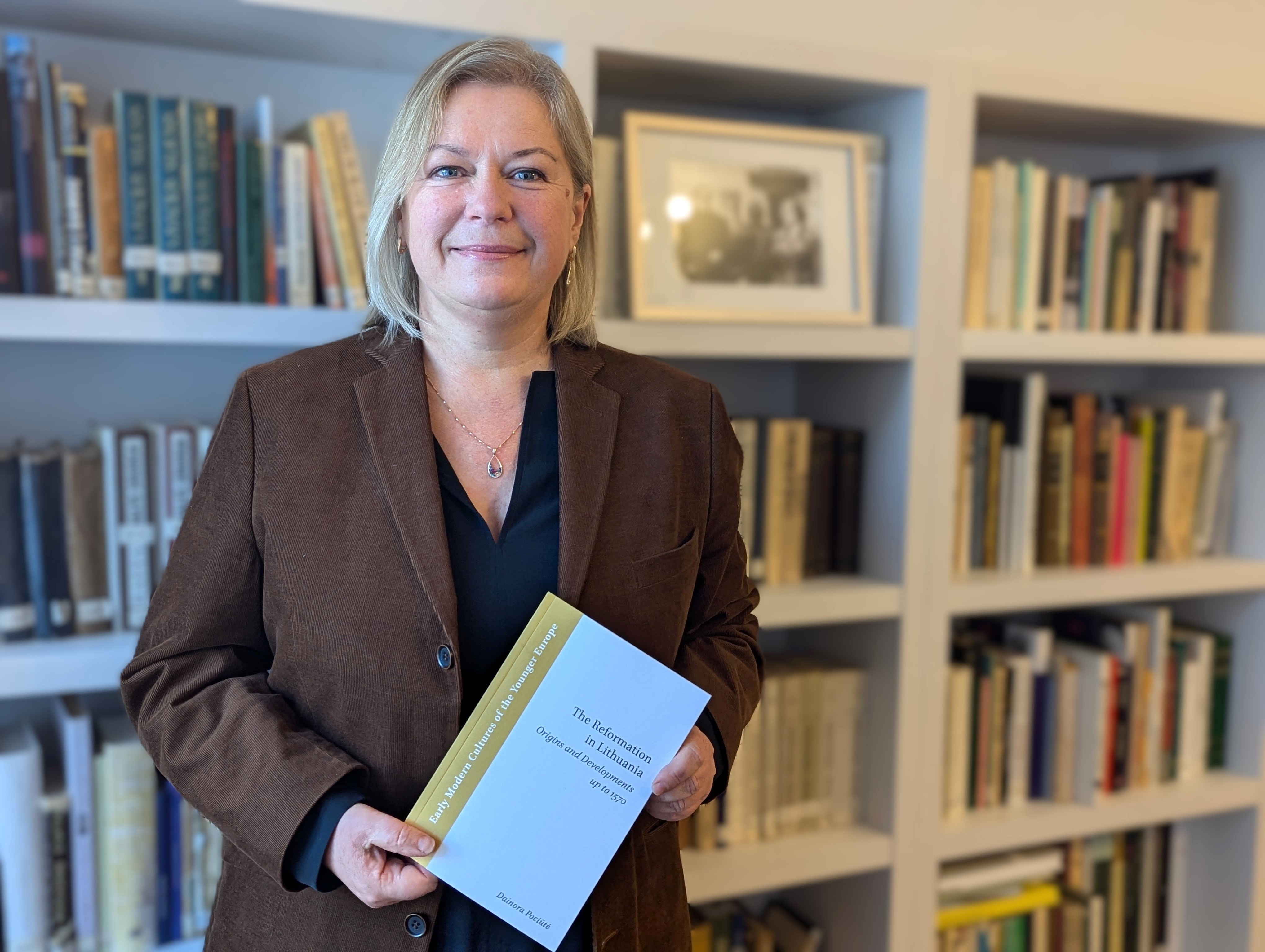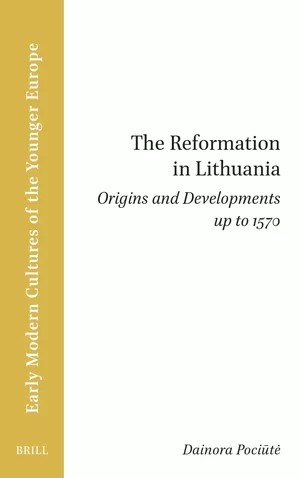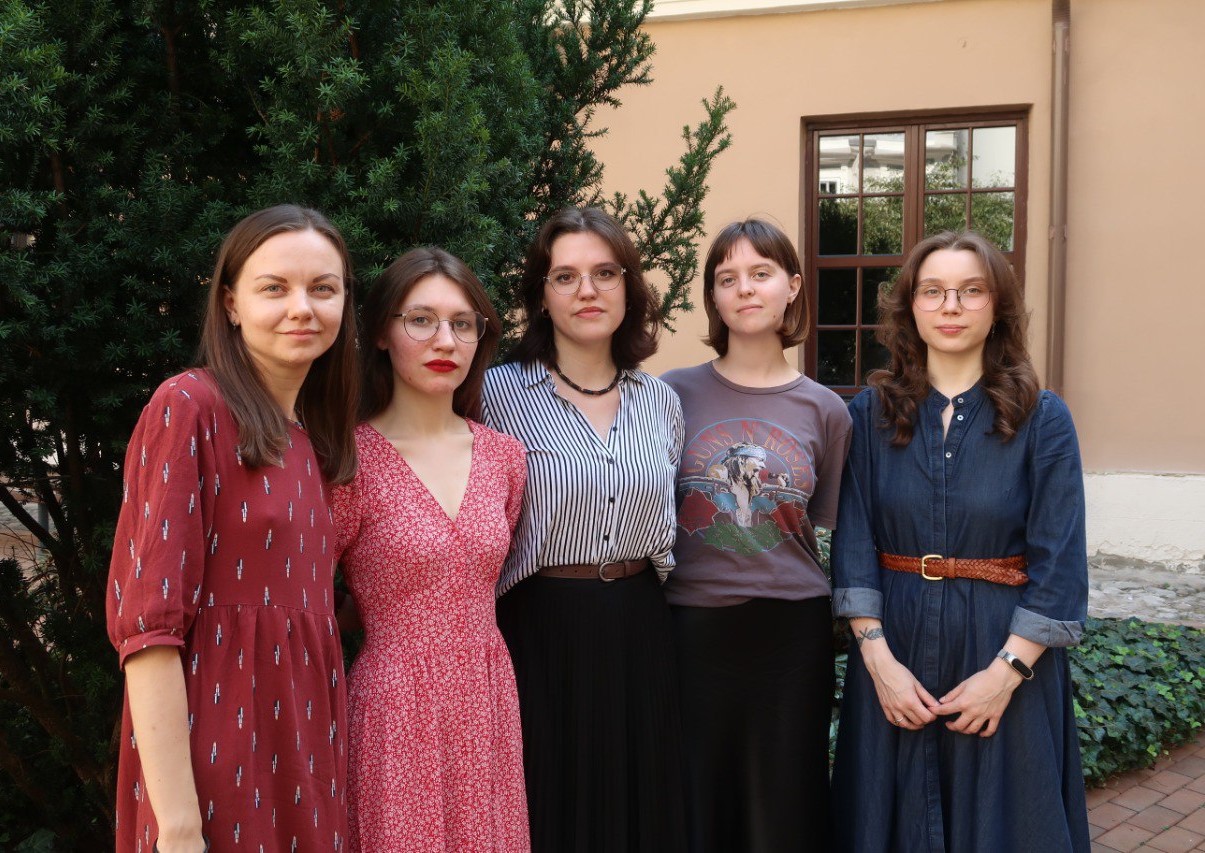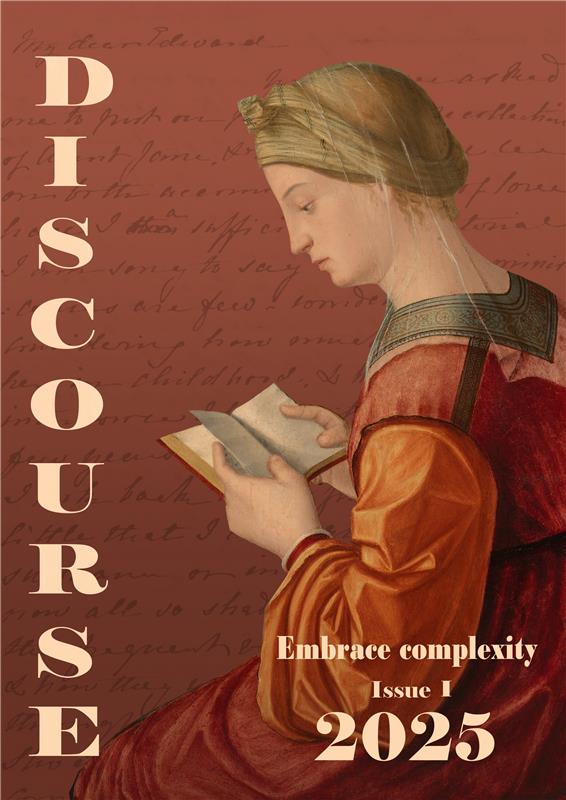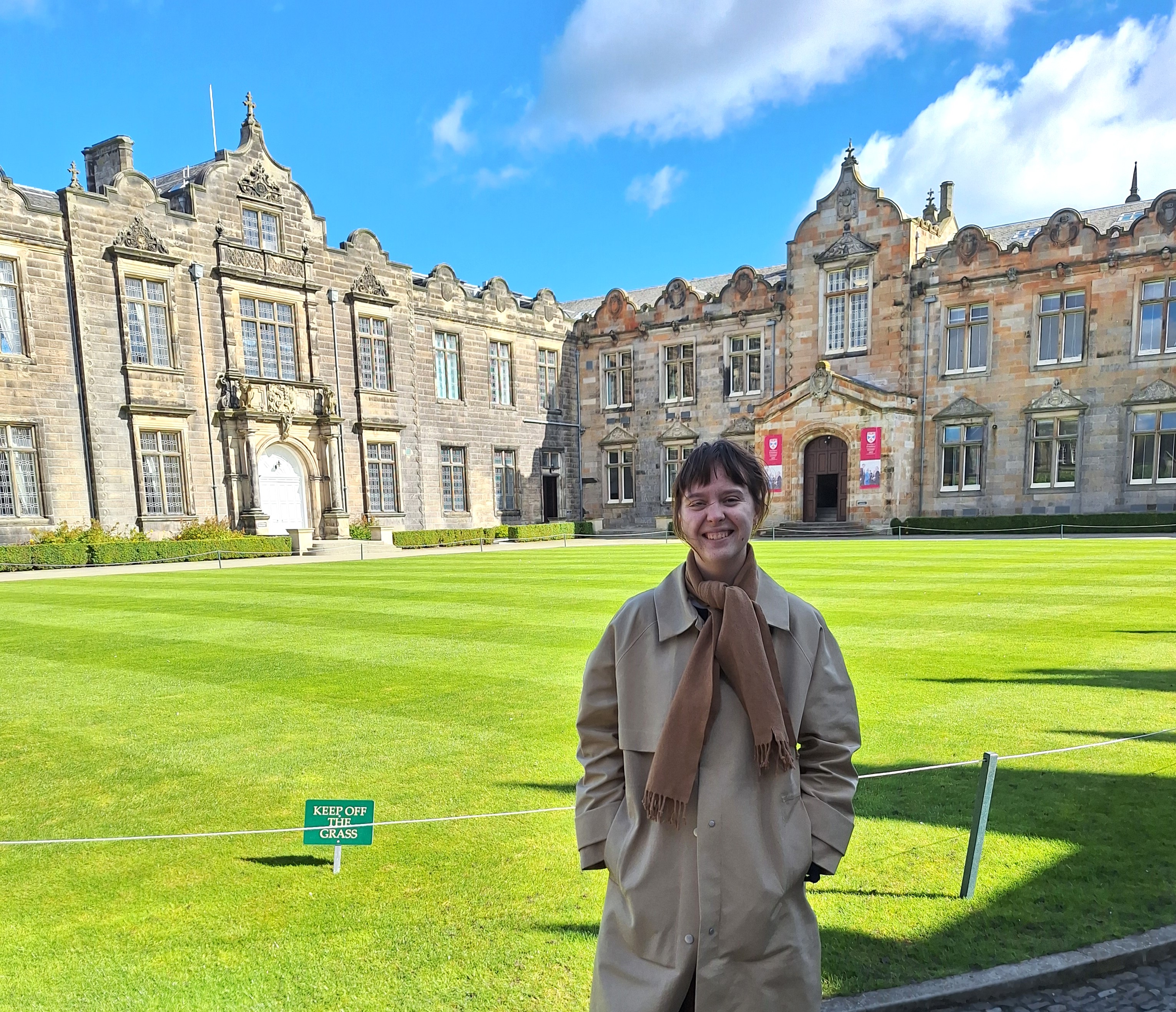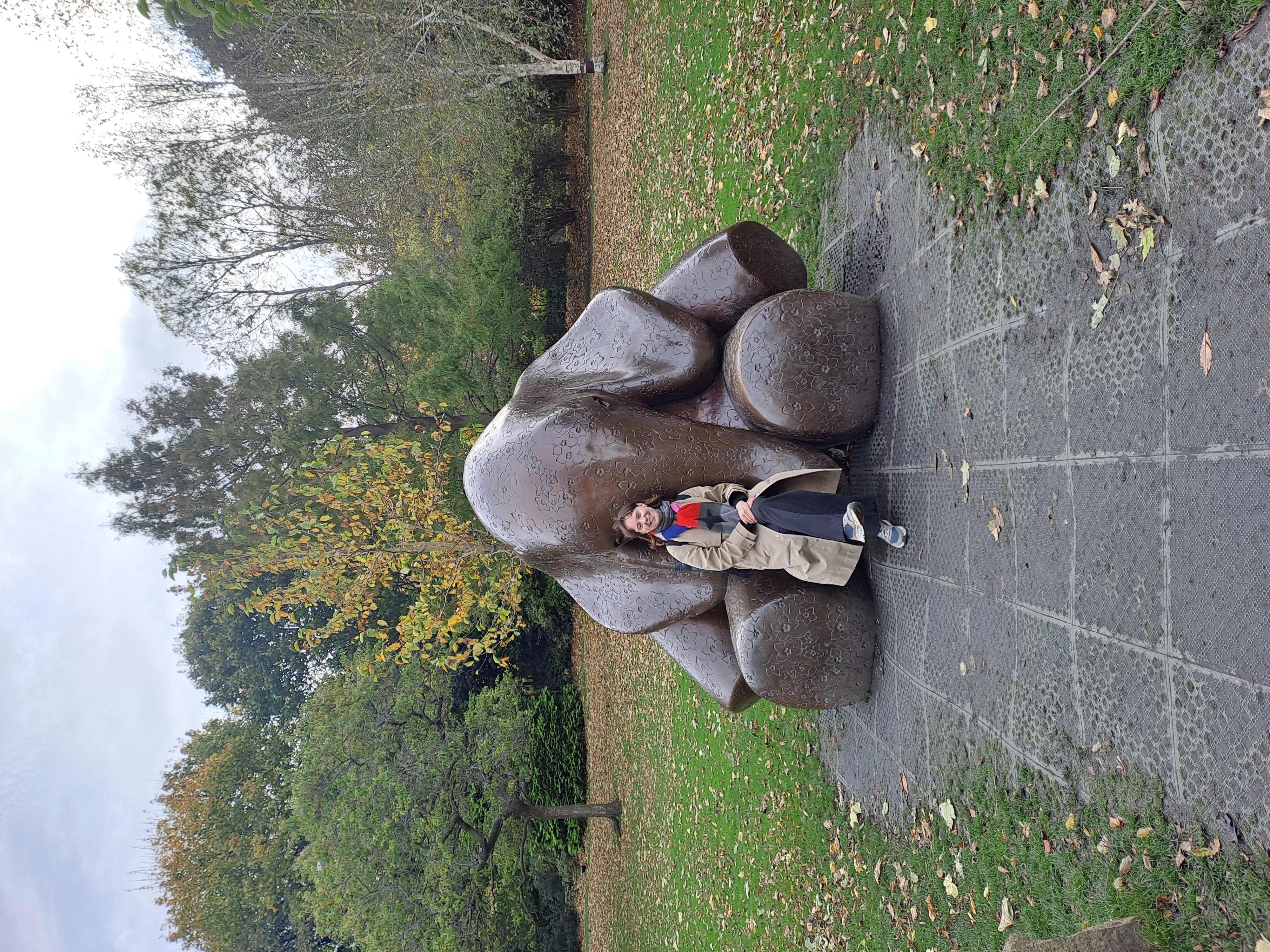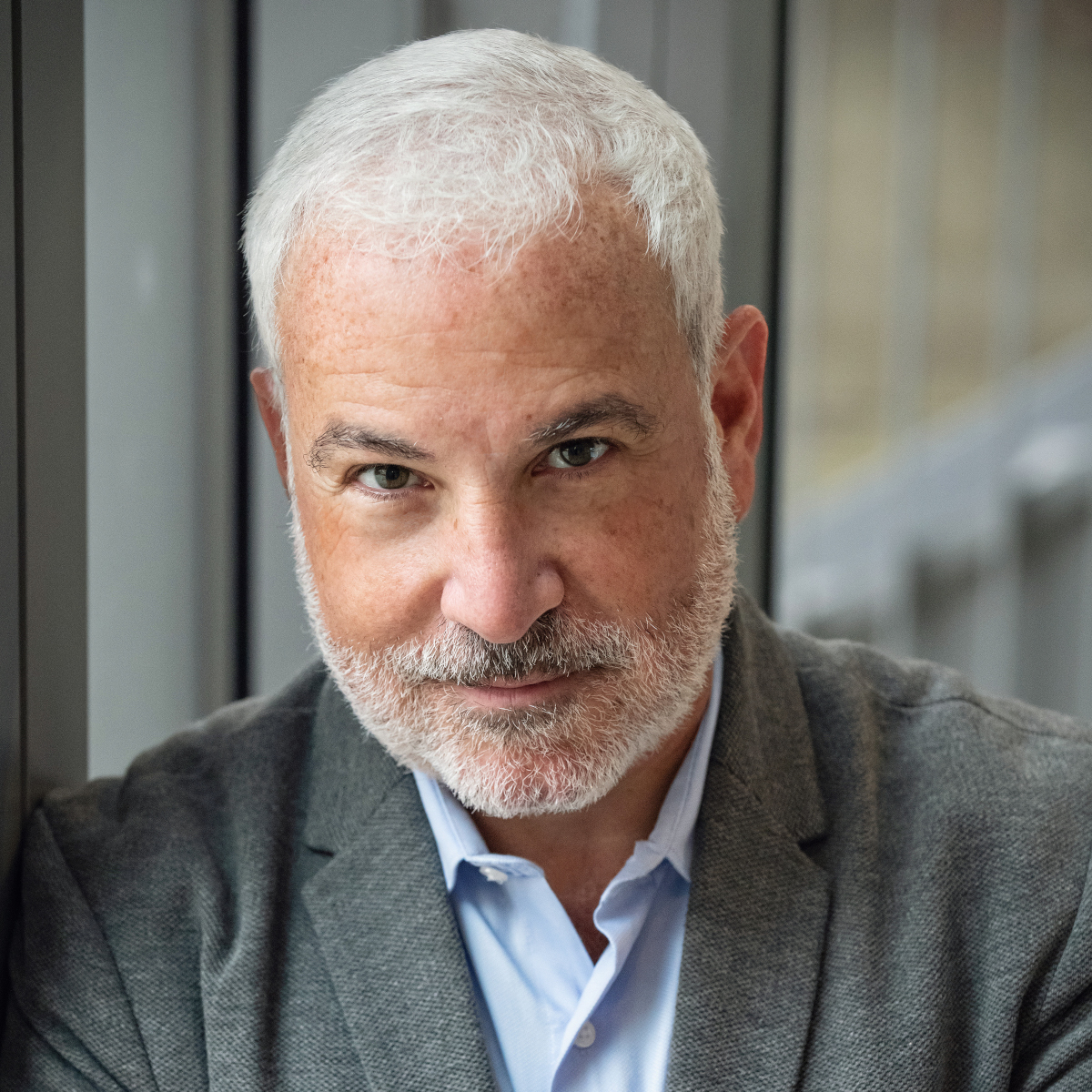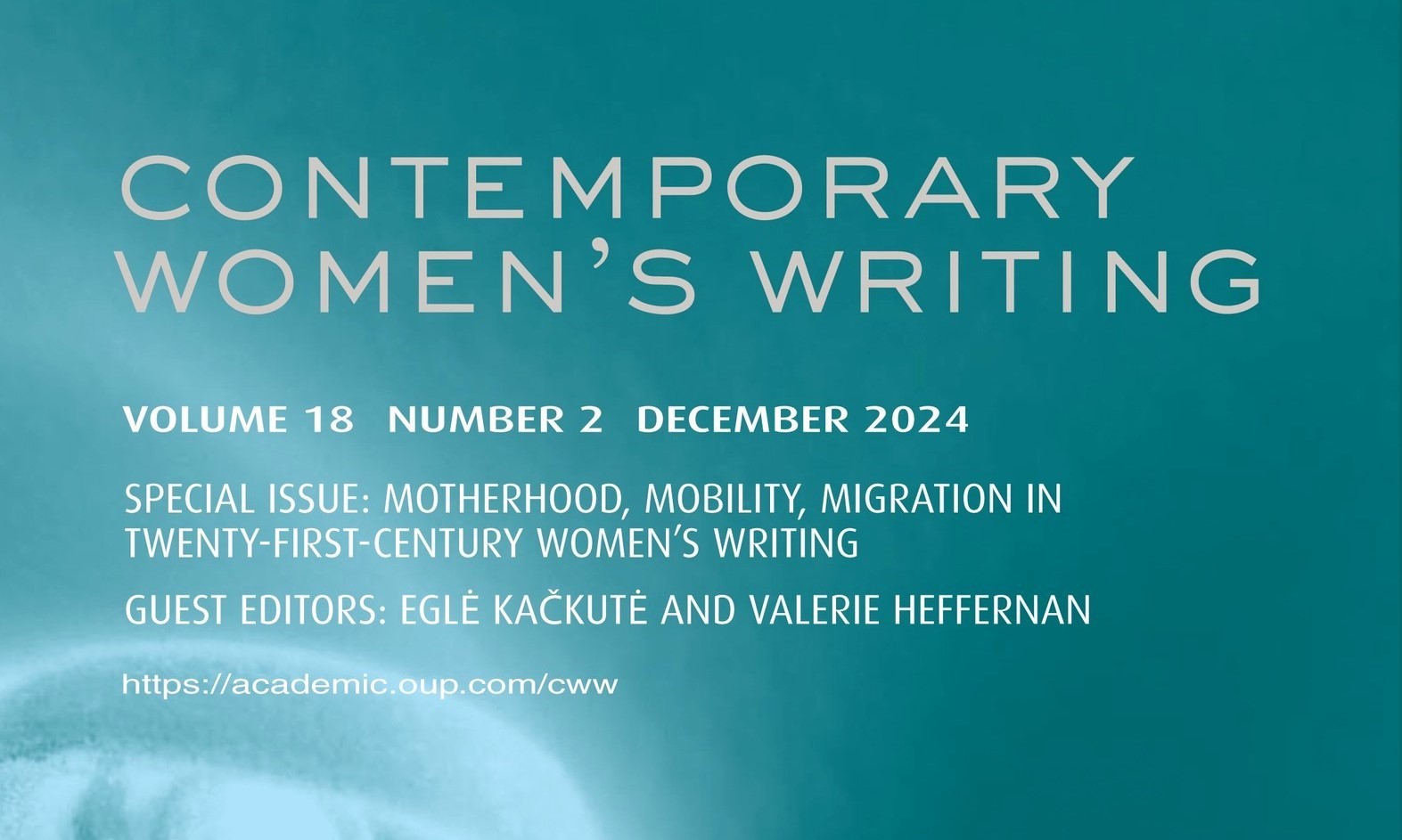Invitation to a series of lectures by a visiting guest, Dr Yair Sapir, about dialects and languages, endangered languages and language revitalization policies
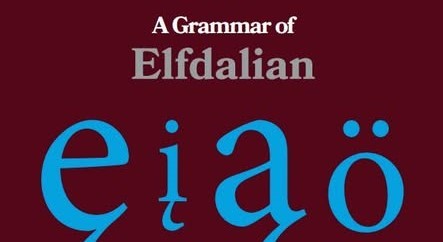
The Centre for Scandinavian Studies is very pleased to invite you to a series of lectures by a visiting guest, Dr Yair Sapir, a senior lecturer in Swedish at the University of Kristianstad, Sweden. Focusing on the newly published grammar of Elfdalian, co-authored by Dr Sapir, his lectures will touch upon questions of the relationship between dialects and languages, endangered languages and language revitalization policies and practices. Please see the full schedule below:
- On Tuesday, February 25 at 15.00 Vilnius-timein the auditorium 402 at our Centre, he will give a lecture in English “Elfdalian of Northern Dalarna, Sweden – an Introduction”, please do come and join!
- On Friday, February 28 at 11.00 Vilnius-timein the auditorium 314A/B at our Centre, he will give a lecture in Swedish “En introduktion till älvdalska” --> alla svensktalande kollegor och studenter är hjärtligt välkomna!
- On Friday, February 28 at 13.00 Vilnius-timein the auditorium 314A/B at our Centre, a second lecture in English will follow “Elfdalian and Sweden’s Sámi Languages, Sweden’s Minority Language Policy”, everyone is welcome!
“A Grammar of Elfdalian” published on 30 September 2024 can be downloaded here: https://uclpress.co.uk/book/a-grammar-of-elfdalian/
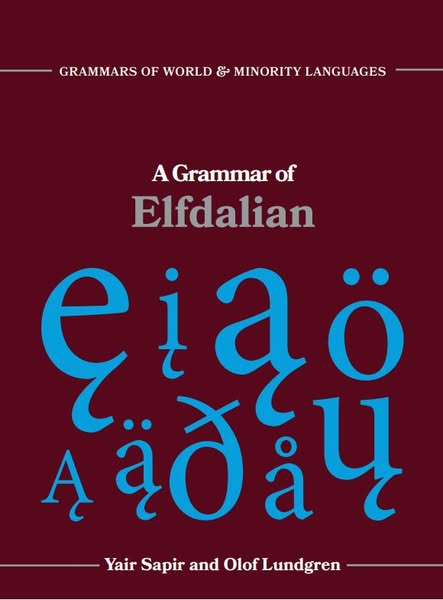
Yair is a linguist with many hats (as you can see here: https://researchportal.hkr.se/en/persons/yair-sapir ), and we are delighted to have an opportunity to welcome him in person and learn about the amazing Elfdalian spoken in Sweden, which is a true treasure find for any linguist.
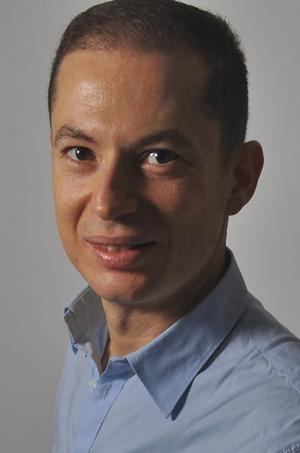
Look forward to seeing you in person on February 25 and 28!

